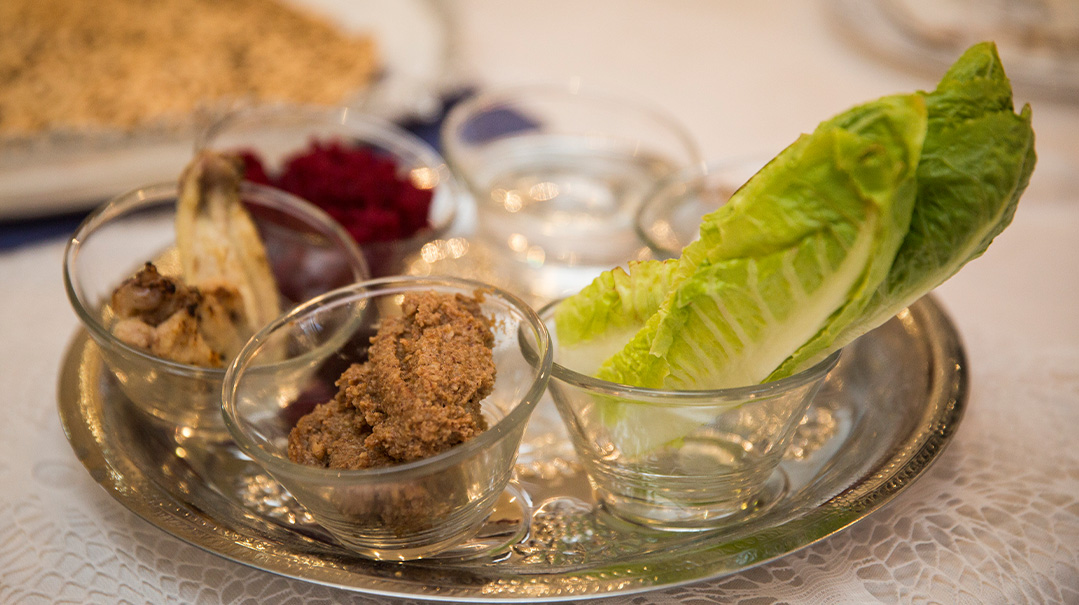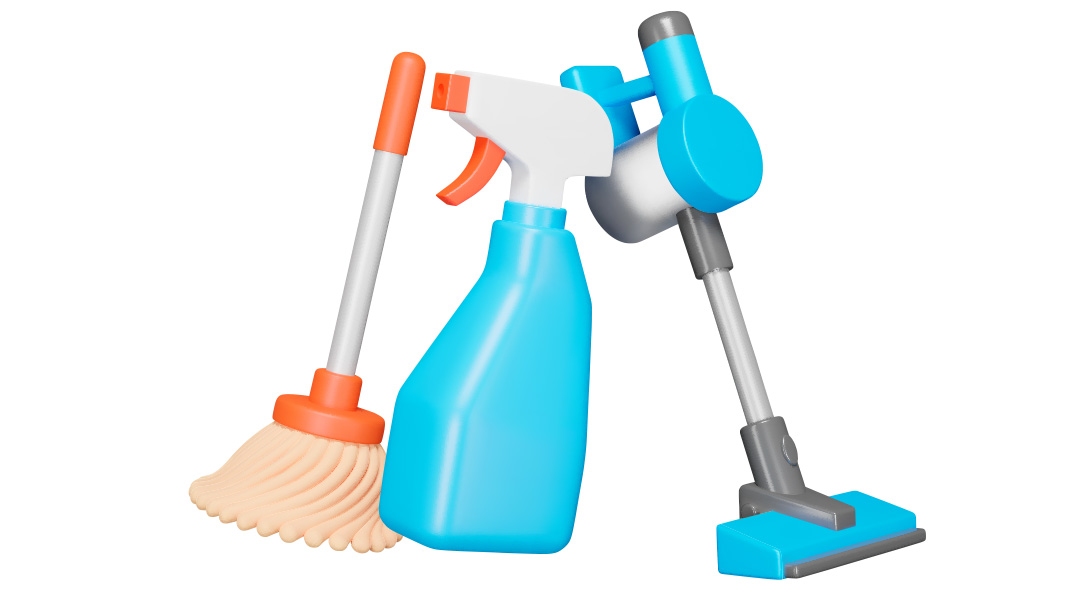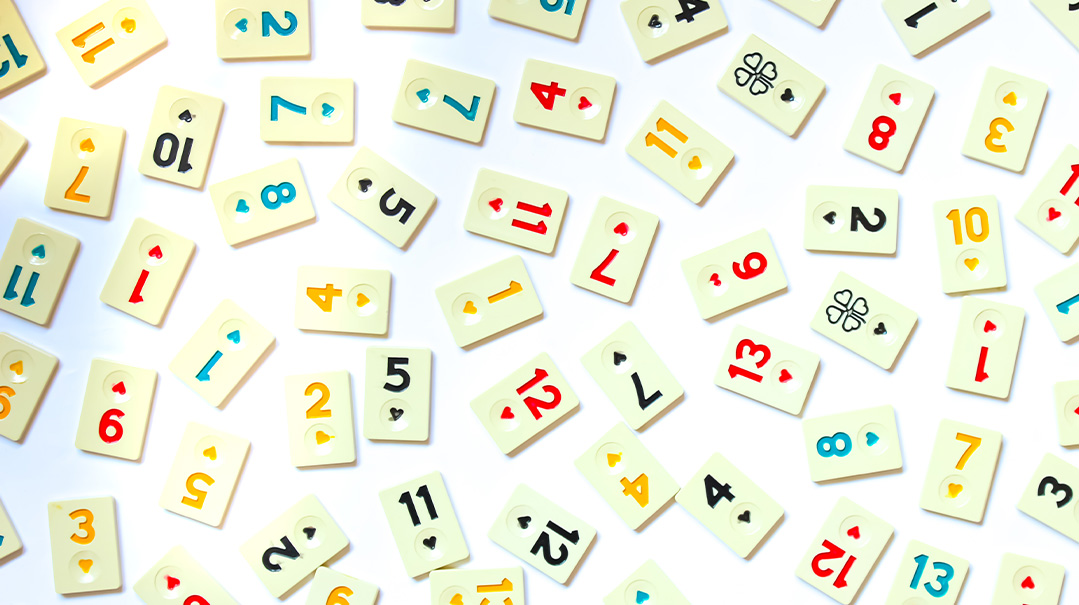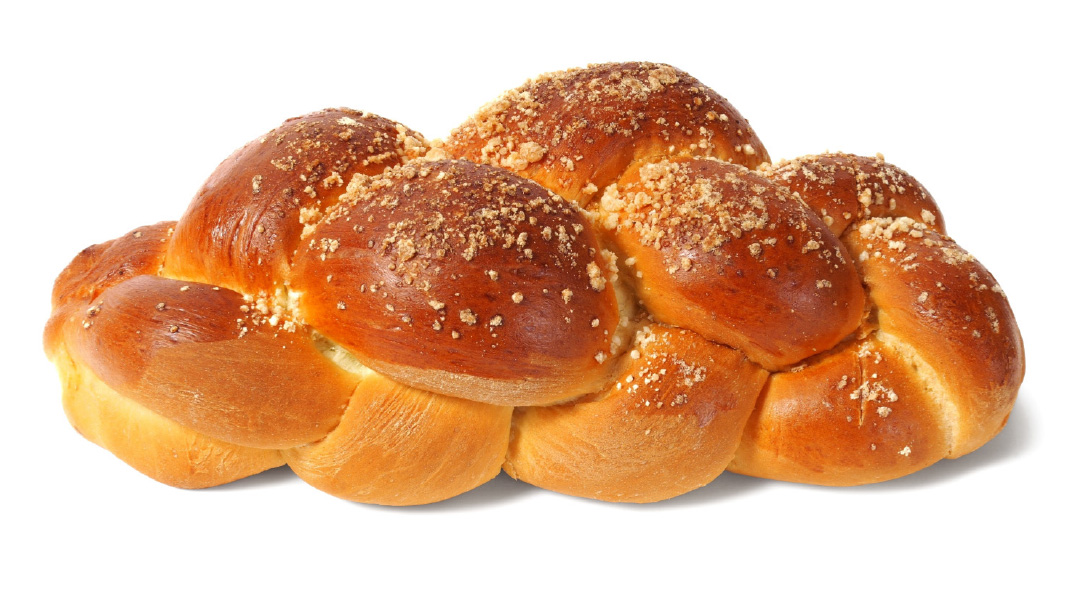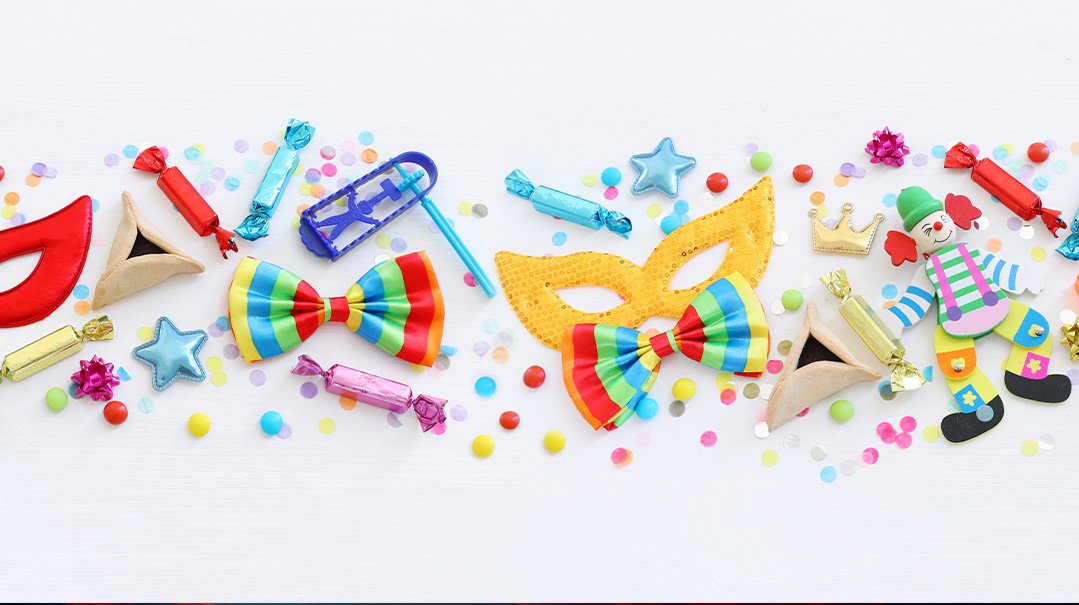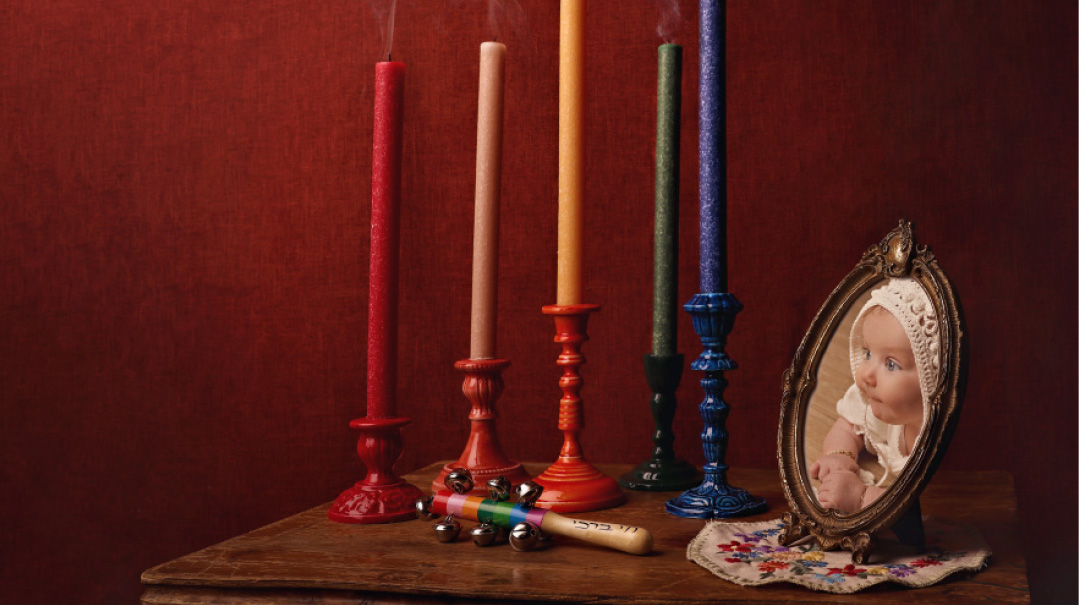My Little Stranger
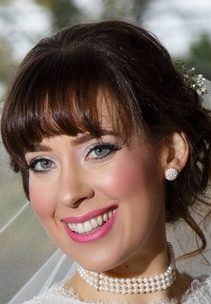
Nurture, not nature, I still firmly intoned. Who they are is up to their parents
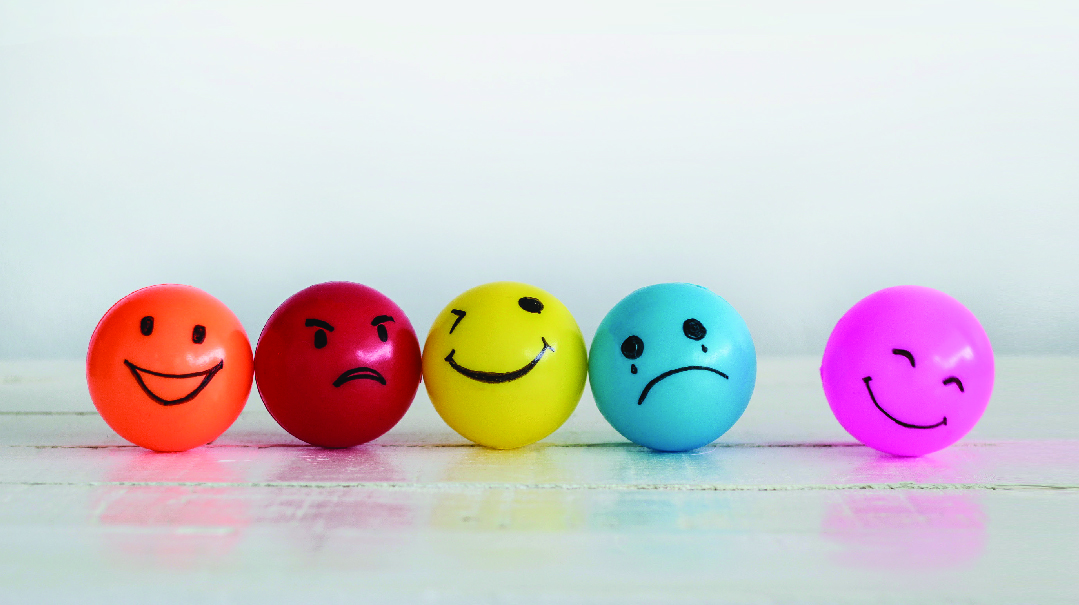
"Who are you?” My four-month-old gazes up at me with his all-color-no-color eyes (they have yet to settle on an official shade), burbling happily. He’s cute (of course), he’s cuddly (indubitably), and the wind gets knocked out of me every time he smiles.
But I don’t know who he is.
I had once believed children were the result of nurture, not nature. Parents, I was sure, are the main influence in our lives; personality and behavior take shape from our carers’ influence.
I’m the youngest in my family, so while I didn’t have baby siblings, I became an aunt at age 12. I was immediately hands-on, cheerfully babysitting on long Shabbos afternoons while the parents grabbed a delicious nap. I played with the infants, read to them, fed them, sang them to sleep.
Nurture, not nature, I still firmly intoned. Who they are is up to their parents.
But as they passed their baby milestones, there were sporadic flashes of unique personalities. One was a snuggle monster; another spurned hugs and kisses. One reveled in song; another politely asked me to be quiet. Some were active and loud; others preferred stillness and calm. There were those who were born smiling, and there were also a number of grumps.
Then firmer echoes from past DNA would appear. The compassion of my zeidy, long gone, manifested in the nephew named for him. The dignity of another great-grandfather’s European bearing was evident in a niece. Another little girl crackles with vivid, vibrant energy, like Babi. A nephew looks like my mother, but his personality is undoubtedly my brother’s father-in-law.
Then there are the children who are unfamiliar — who, while they bear the eyes and mouths and noses of their parents and grandparents, have personalities we can’t pin onto anyone. Could their traits come from the people in those grainy black-and-white photos in the living room, from the ancestors unknown to their descendants?
Being an aunt humbled me, made me reconsider my “control” of things: It appears I don’t have any. So although Baby and I are constant companions, he’s still a stranger to me, and I’m curious:
Will he be “easy” or “difficult”?
Book smart or streetwise?
Morning lark or night owl?
Sensitive or thick-skinned?
More emotional or more rational?
Unerringly prompt or chronically late?
Quick on the uptake or have no idea what’s flying?
Fashion plate or couldn’t-care-less?
Worrier or chilled?
Introvert, extrovert, ambivert?
Potato or pasta lover?
Will he look to our history and heritage — like I do — or will he focus more on the future?
Whatever combination manifests, my tattele shainz won’t be who I would want him to be. He’ll be himself, and hopefully, with the right guidance, the best he can be.
But that assistance is up to me and my husband. That’s both a great honor… and a great terror. It’s a big responsibility!
Dr. Shefali Tsabary, a clinical psychologist, says that a child is like a sunset. We don’t witness a stunning end to the day and respond by critiquing: “Why can’t you be more pink? You were more pink yesterday. And orange. You could use some orange.”
We accept such natural beauty for what it is.
Each child is the same: wonderful in their own way.
I scoop up my wriggling boy; his head burrows trustingly into my shoulder, chubby arms encircle my neck. He babbles, “ma-ma-ma-mmmmm,” and I pretend he’s referring to me. I can’t breathe as his lashes flutter against my cheek.
His needs are simple now. Keep him fed, keep him dry, keep him well-rested, lavish him with affection. Yet, even that basic list can leave a mother second-guessing herself.
As Baby grows, I’ll have to stay on my toes. Learning who he is and what he requires to thrive is a daunting task. But luckily there are three partners in his creation: me, my husband, and Hashem, and I hope if I seek His input, He’ll kindly chip in with advice.
All I know so far is that he has his father’s eyebrows, lashes, and toes; my cold hands; my mother’s lips; the shape of my father’s eyes. He’s named for my husband’s zeidy. He’s a blend of all these disparate parts, forming a new being, his own person. I must come to know him so I can be the parent he needs me to be, the mother I’m meant to be.
(Originally featured in Family First, Issue 727)
Oops! We could not locate your form.
